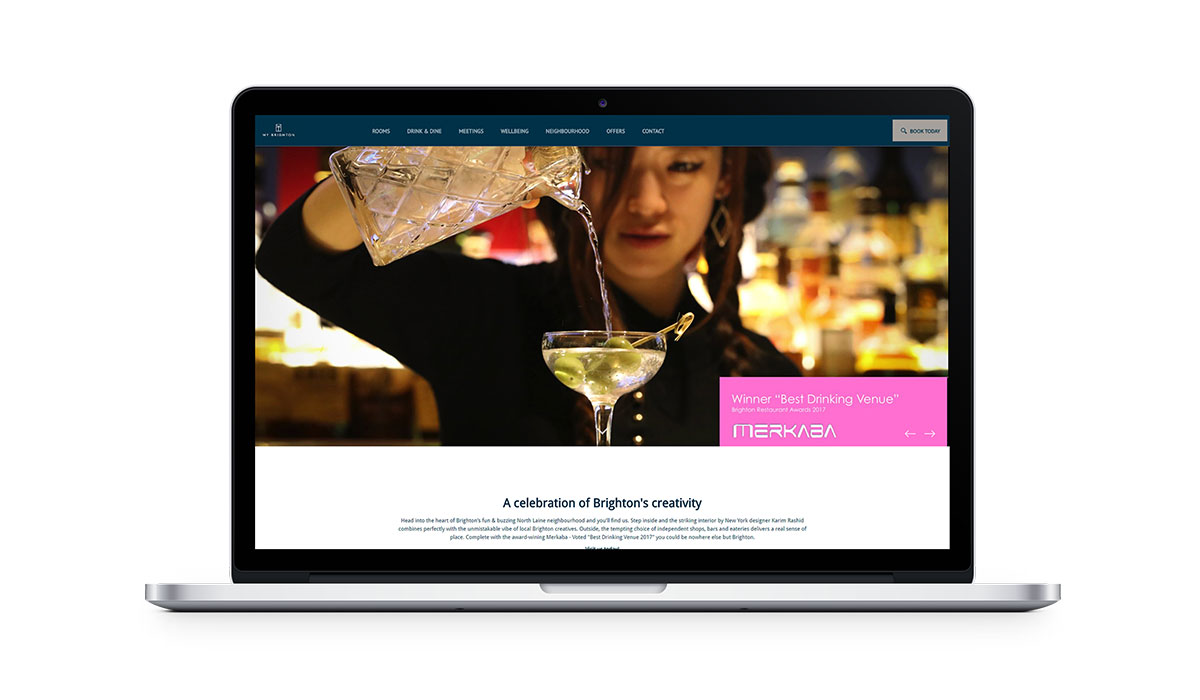3 Tips to Reduce Booking Abandonment on Your Hotel Website
Hotels can invest hundreds, if not thousands, of dollars each month driving traffic to their website. But if your website isn’t optimized to drive direct bookings, then all that time and money is wasted.
Booking abandonment is a real issue for the travel industry. As many as 81.6% of online travel bookings are abandoned, worth an estimated $1.78 trillion! If we drill down further, 78% of hotel & lodging bookings and 86% of OTA bookings are abandoned (see below).

In this article, we outline 3 things you can do right now on your hotel website to improve purchase intent and drive more direct bookings. By “purchase intent,” we mean getting more people to your booking engine, because once you’ve got them there, the higher your chance of conversion.
Common Reasons for Booking Abandonment
According to SalesCycle, 39% of travel shoppers are often just researching and comparing prices on your website, which comes as no surprise. However, other reasons for booking abandonment include finding the price too high (37%), the reservation process too long (13%) or encountering technical issues (9%). The good news is, these things can be fixed.
Tip #1: Tell Your Unique Story
1. The price exceeds a travel shopper’s budget
2. The price doesn’t match the perceived value of the hotel
There’s not much you can do about someone’s budget, but there is a way to improve your hotel’s perceived value.
This is where storytelling comes into play. Use your website to demonstrate what makes your hotel unique from all the others in your area.
It may be Billy, your friendly concierge who’s been there for years, or a signature cocktail in your bar, guest movie night each Monday, or something else. Don’t discount your uniqueness, and play up to it on your website.
As humans, we love to hear stories. We connect with stories and we remember stories. And that’s the goal – to remain memorable as someone moves through their travel shopping journey.
[heading]
My Brighton Hotel showcases its award-winning cocktail bar on the homepage
[/heading]
Tip #2: Give Them a Reason to Book Direct
Consider creating a special offer for direct bookings. This doesn’t have to centered on price. It could be something as simple as a complimentary drink on arrival, faster WiFi, early check-in/late check-out, or first pick of the best rooms.
A special offer doesn’t have to be big or expensive for someone to feel motivated to book direct. They just have to feel like they’re getting the best value by booking on your website.
Whatever you’re special offer is, make sure you call it out explicitly on your website – on the homepage, under special offers, in your room type descriptions – everywhere! The more travel shoppers can see it, the more likely they are to retain that information as they move through the shopping journey. And the more likely they are to return to your website once ready to book.
The Kleber Hotel in Paris does an excellent job of this on its website.
As soon as you hit the homepage, you see 5 reasons to book direct, including a guaranteed best rate, a “secret discount coupon” to apply for bigger savings, complimentary tea & coffee in your room, priority service at check-in, and a better cancellation policy.
This information is repeated throughout the website, under Guest Rooms, Offers, Gallery, and even in the description of some photos.

[heading]
Hotel Kleber’s homepage lists 5 reasons to book direct
[/heading]
Travel shoppers can’t help but remember this offer as they hunt for the perfect hotel in Paris. And there’s a strong incentive to return to the Kleber Hotel to complete the booking!
Tip #3: Optimize the Online Booking Experience
Armed with this intel, you can then optimize the booking experience.
Start by looking at the amount of information you ask for at the time of booking. Studies suggest that every unnecessary step in your checkout process costs you about 10% of your customers. Only ask for what you need to complete the booking, and remove any unnecessary form fields. You can gather more information about your guests once the reservation is made.

[heading]
Ensure your booking process is optimized for mobile
[/heading]
Check whether your booking engine is compatible with mobile.
According to Criteo, mobile bookings for airlines and hotels made up 27 percent of all online travel bookings worldwide during Q2 2016. This trend is only going to continue.
Your website needs to be equipped to handle mobile bookings. If it’s not, contact your Internet Booking Engine (IBE) provider and ask why, or consider a new IBE that can support your mobile needs.
In Summary
Start with your content. Call out explicitly what makes your hotel unique and why someone should book directly with you. Then review your online booking process. Is it simple and easy to book with you?
By implementing these 3 tips, you’ll be able to drive more bookings through your most profitable sales channel – your hotel website.


